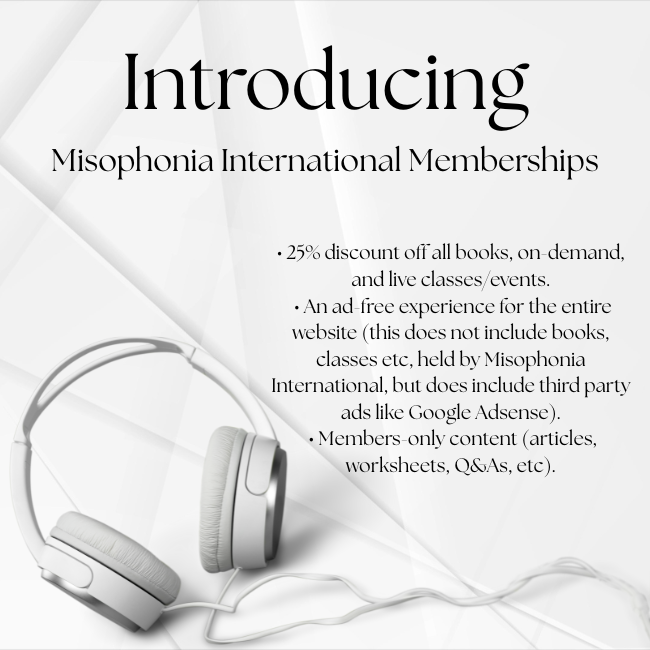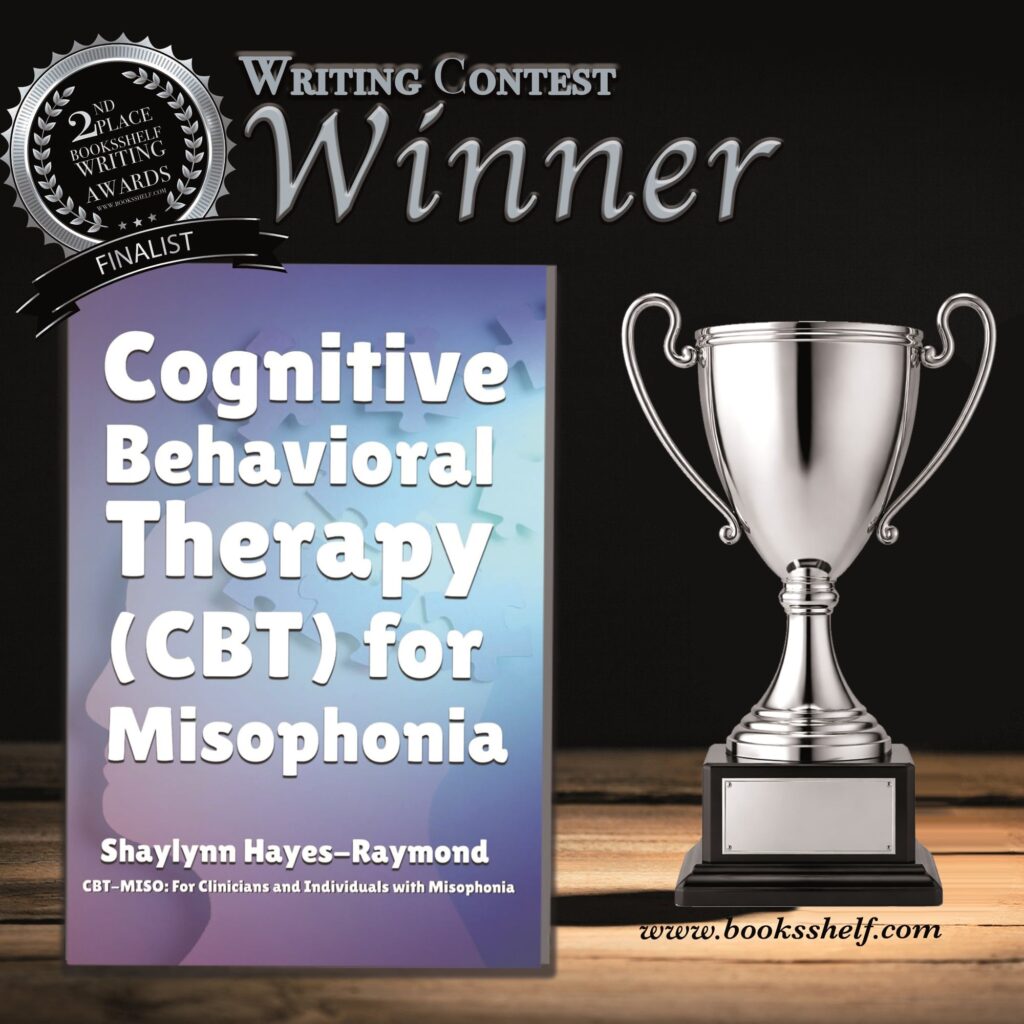
Persons with misophonia are suffering from a lesser-known condition and thus might need support with family, friends, and the medical community. It is not enough to simply help persons with misophonia cope with the aversive response to stimuli as this is recurring and can cause issues in every area of the person’s life.
Far too much of the current literature surrounding misophonia considers the misophonic person to be the problem which must be alleviated or fixed. While there is of course a need for coping skills and for the person with misophonia to be able to live their lives less impeded by this condition, there should be more room to consider misophonia a disability and a less aggressive approach toward research, treatment, and conceptualization of misophonia.
Early press on misophonia from 2012 to the 2020s focused on the strange nature of the condition and further imposed a view as persons with “chewing rage” “misophoney” or some behavioural failure that could be adjusted if they just CBT’d a little harder. Even Dr. Phil was abusive toward persons with misophonia who were practically begging for recognition and help.
Many of this is the reason for writing the Misophonia Matters approach. As a sufferer of misophonia and an advocate who was present for much of this debacle, I worry that misophonia sufferers even today are lost in a trap where they feel like they are the problem, and have even heard clinically from clients a feeling of ‘I am crazy’ which permeates through much of the misophonic population. Those with misophonia are not CRAZY and in-fact, I’d like to point out that since there is likely a neurophysiological brain processes and not cognitive, that there really isn’t any justification for the crazy moniker. There is, however, evidence that persons with misophonia are suffering from a debilitating condition that can impact each and every part of their lives – home, family, work, school, medical needs, friendships, hobbies. There are few areas of life that are not impacted by having misophonia.
Practitioners, researchers, and persons with misophonia must lead the charge in providing an adaptive coping skills approach for misophonia that includes advocacy based skills and an understanding that first and foremost, persons with misophonia need to be accommodated and treated in a compassionate matter. All of this led me to develop the Misophonia Matters approach, but I do suggest that regardless of your theoretical background or lens, that you put the feelings and needs of misophonic clients above all else.








